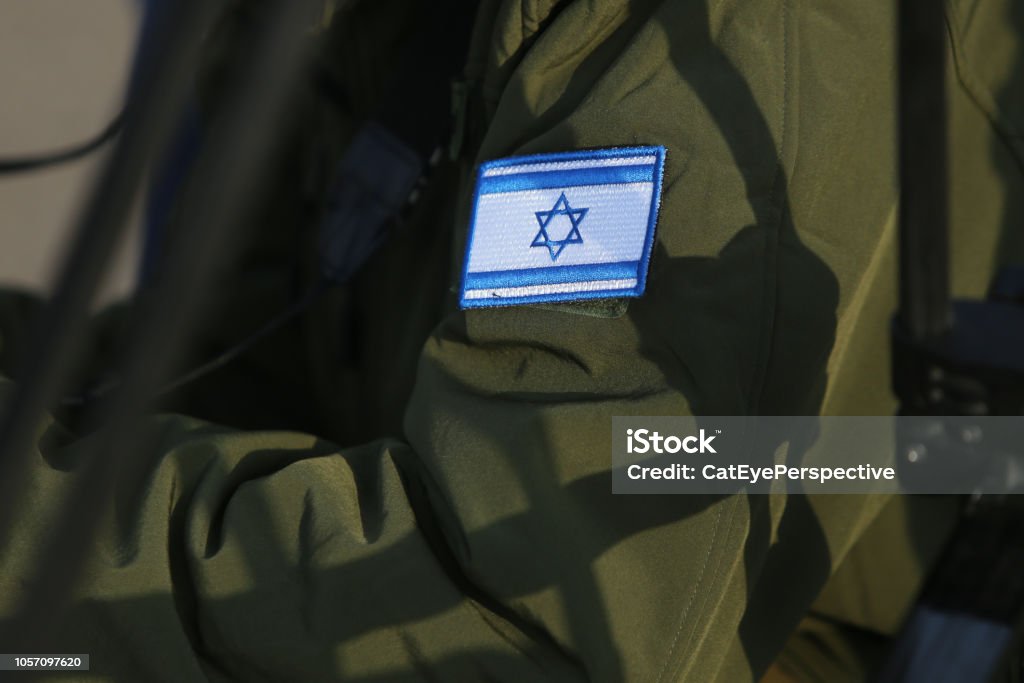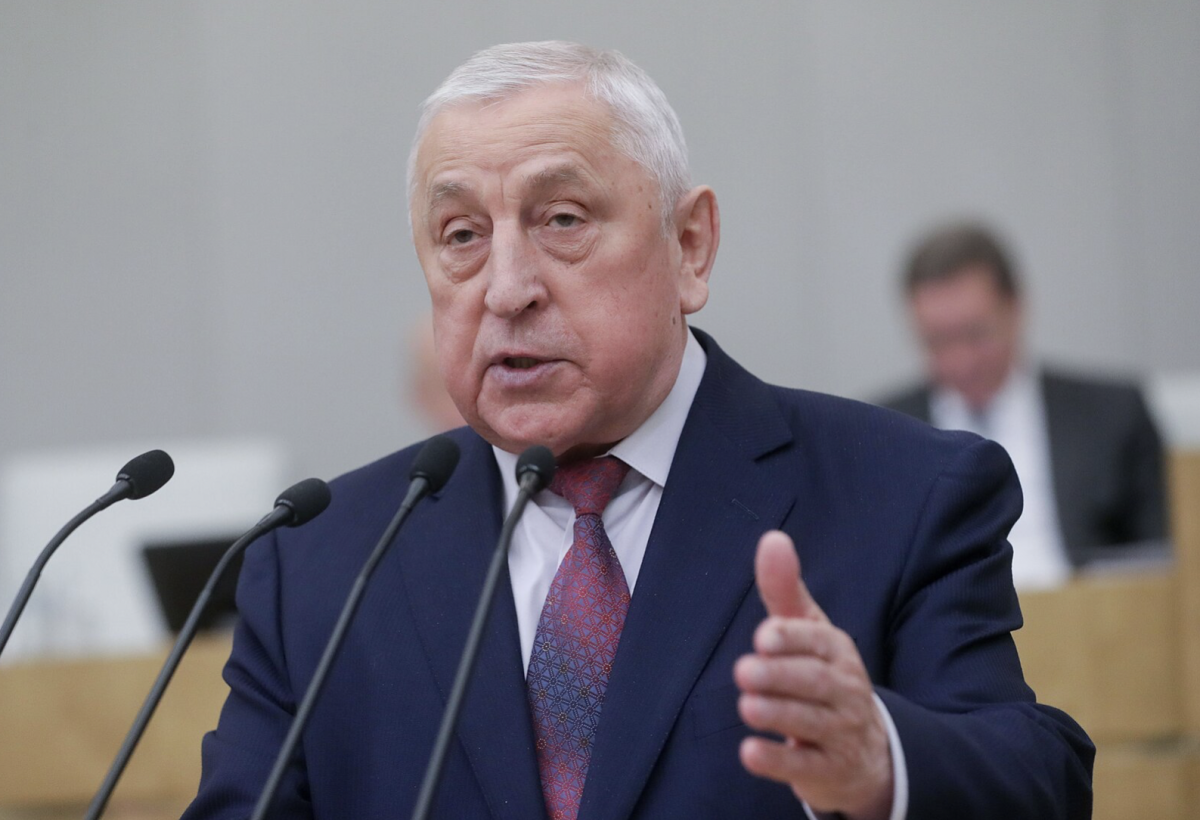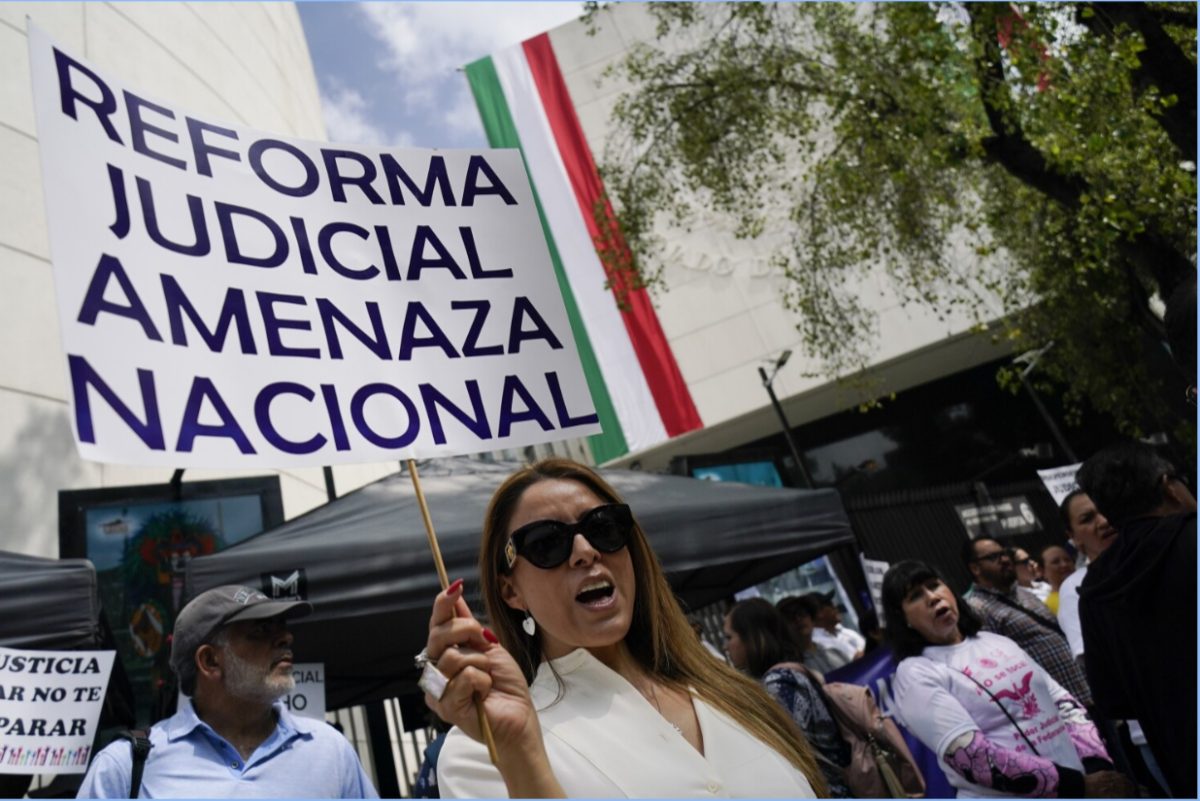Following the terror attacks of September 11, 2001, the United States experienced a period of historic unity. President George W. Bush had an approval rating of over 90 percent, something that would seem unthinkable in today’s political climate. Politicians in Washington almost unanimously agreed that taking military action against Afghanistan was the correct response to Al Qaeda’s attack, with Representative Barbara Lee the only member of either the House or the Senate to vote against a bill authorizing the use of military force against the country. The resolution to invade Iraq was also extremely popular, though there was slightly more opposition to that decision.
We tend to think of unity as a good thing, and the majority of the time it is. However, the unending patriotism felt by many Americans came at the cost of critical thinking. The absolutist mindset of “you’re either with us or you’re with the terrorists” preached by the Bush administration led to any pushback or criticism of America’s response to 9/11 to be vehemently and in some cases violently rejected. It also contributed towards abuse against people who had absolutely nothing in common with the terrorists of Al Qaeda and The Taliban except for the color of their skin.
It’s easy to say in hindsight, but the US invasions of Iraq and Afghanistan were some of the biggest foreign policy mistakes in US history. The war in Iraq cost American taxpayers over 700 billion dollars and led to the deaths of hundreds of thousands of Iraqi civilians (estimates range from around 150,000 to over 600,000 Iraqi casualties). According to the United States Institute of Peace, the War in Afghanistan led to the confirmed deaths of about 46,000 Afghan civilians, though the true total is likely much higher. American intelligence agencies declared Iraq as a safe haven for terrorists in 2006, something it hadn’t been prior to America’s involvement. Furthermore, the Taliban regained control of Afghanistan following the withdrawal of American soldiers in the country in 2021. Despite twenty years in the region and almost a trillion dollars spent, the War on Terror failed to mitigate, let alone destroy, terrorism in the Middle East, a failure that came at the expense of hundreds of thousands of lives.
With Hamas’s recent attack on Israeli civilians near the Gaza border, an attack that has been referred to as Israel’s 9/11, it’s important to look at the failures of America’s response to such an event in analyzing what the most effective route Israel can take to eliminate Hamas without the substantial loss of innocent life seen during the wars in Iraq and Afghanistan. The lack of regard shown for civilian life during President Bush’s War on Terror was a major factor for the reemergence of terrorist groups in the Middle East. Subjecting oppressed people to an endless cycle of violence as America did in Iraq and Afghanistan will only increase the feelings of desperation and hopelessness that leads to those same people supporting extremist organizations, groups that falsely claim to represent liberation for those persecuted. Israel has long been criticized for its treatment of Palestinians, with organizations like Human Rights Watch and the United Nations considering Israeli policies towards Palestinians as a form of Apartheid. Actions taken by Israel in response to Hamas’s attack, such as the use of white phosphorus, the cutting of humanitarian aid to the Gaza Strip (though aid has since opened up via Egypt), and the ordering of civilians to leave the region have all been criticized as actions that harm innocent Palestinians much more so than Hamas militants. If Israel continues to take such measures in response to Hamas’s massacre, it’s dishearteningly likely that Israel’s war on Hamas will have a similar effect to America’s invasions of the Middle East.
With all of this being said, it’s important to recognize that the conflicts between Israel and Palestine and Israel and Hamas are much different than those America waged against Al Qaeda, the Taliban, and terrorist groups in Syria. Israel and the Palestinian territories of Gaza and the West Bank border each other. All three are incredibly densely populated, which unfortunately always leads to a high number of civilian casualties whenever fighting breaks out between Israel and Palestinian militant groups. The demographics of Gaza, in particular, are notable, as 2.5 million people are crammed into an area the size of Detroit (Of those 2.5 million people, nearly 50% are below the age of 18). Palestinians die from this conflict at a rate much higher than Israelis, and while much of that is due to Israeli military practices, it’s also true that Hamas has gone out of its way to harm the people of Gaza, murdering Palestinians accused of collaborating with Israel of rival Palestinian groups such as Fatah. Of course, this is without mentioning the long-standing religious debate regarding the possession of Israeli and Palestinian land, something too complex and intricate to accurately explain here.
The point of this article is not to defend the actions of Al Qaeda, the Taliban, Hamas, or any other terrorist group. The crimes against humanity committed by each of those groups are abhorrent, unspeakable, and indefensible. Hamas is an institution that should not be allowed to exist in modern society, and it is therefore of utmost importance that the Israeli government, and by extension the nations that support Israel, respond in a way that obeys the laws of war that doesn’t perpetuate an endless cycle of violence. Of course, the actions taken by Benjamin Netanyahu’s government previously mentioned are not only wrong because they may popularize Hamas’s efforts, they’re wrong because the killing of innocent civilians in any and all situations, irrespective of religion or skin color, is unjust and inexcusable. Something that is notable is that neither Israelis nor Gazans are showing the same support for their governments that Americans showed in the aftermath of 9/11. According to the Washington Institute, 50% of Gazans “believed that Hamas should stop calling for Israel’s destruction and instead accept a permanent two-state solution based on the 1967 borders.” In Israel, Netanyahu’s popularity (which was already low in the wake of attempted judicial reform earlier in the year) has tumbled following the Hamas attack, in stark contrast to what normally happens during wartime. Hopefully, this will result in Gazans and Israelis showing a greater willingness to call out their governments and push for a peaceful resolution to this conflict.



















